How to Grill Like a Brazilian: 7 Sizzling Secrets for the Perfect Churrasco Steak Recipe
There’s something primal and deeply satisfying about slicing into a perfectly grilled piece of meat. Now imagine that experience multiplied by the bold, vibrant flavors of Brazil—where churrasco, or Brazilian-style barbecue, reigns supreme.
If you’ve ever craved that juicy, garlicky, herb-laced taste of authentic Brazil steak recipe, this guide is your golden ticket. We’re diving into the world of carne de churrasco (grilled meat), exploring not just how to make it, but how to perfect every element—from marinades to side dishes.
Table of Contents
- What Is Brazilian Churrasco?
- Why the Steak Matters
- Essential Ingredients for a Brazilian Steak Recipe
- Step-by-Step Brazilian Steak Grilling Guide
- Secret Tips to Perfect Brazilian Churrasco
- Sides and Accompaniments That Complete the Feast
- Buying Guide for Essential Churrasco Tools
- Conclusion
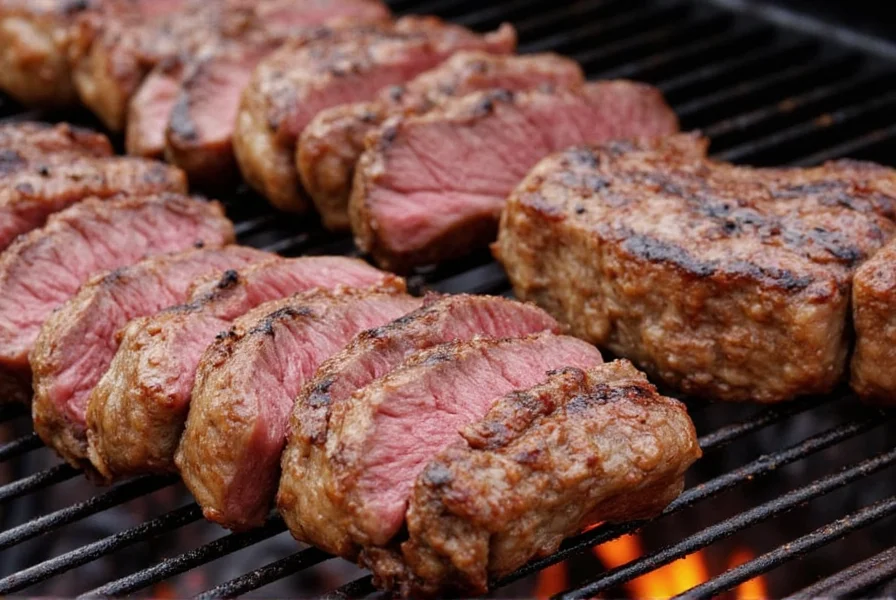
What Is Brazilian Churrasco?
Brazilian churrasco is more than just grilled meat—it’s a culinary tradition and social event wrapped into one. Originating from the gaúchos (cowboys) of southern Brazil, particularly Rio Grande do Sul, this method of slow-roasting meat over an open flame has evolved into a global phenomenon, especially in churrascarias around the world.
The key difference between typical American barbecue and Brazilian churrasco lies in simplicity. It’s less about heavy sauces and more about letting the natural flavors of the meat shine through, enhanced by minimal seasoning and expert technique.
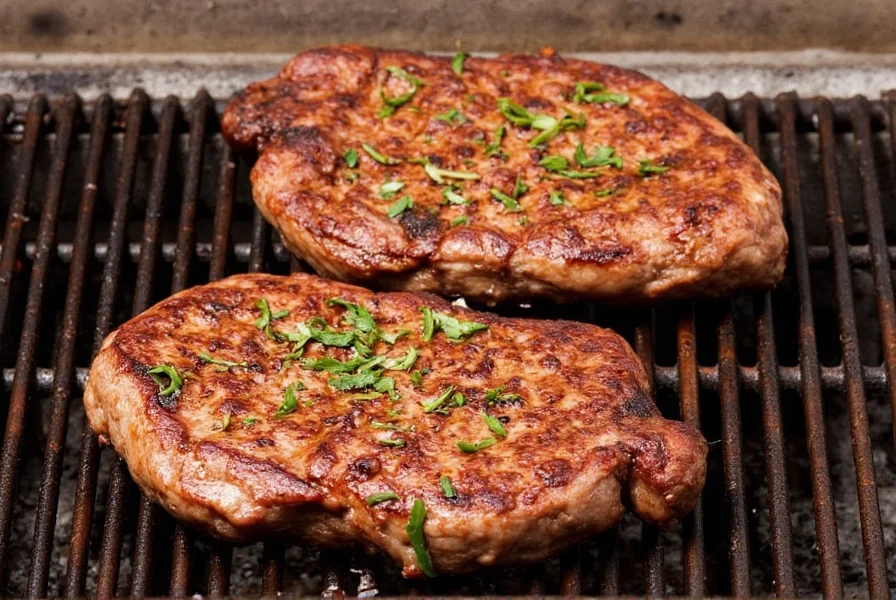
Why the Steak Matters
The foundation of any great Brazil steak recipe is quality meat. In Brazil, popular cuts include:
- Picanha (top sirloin cap)
- Alcatra (bottom sirloin)
- Fraldinha (flank steak)
- Costela (ribeye or short rib)
These cuts are chosen not only for their flavor but also for their ability to handle long cooking times without drying out. Picanha, in particular, is a star due to its thick fat cap, which bastes the meat as it cooks.
Essential Ingredients for a Brazilian Steak Recipe
Brazilian churrasco keeps the ingredient list short and potent. Here's what you'll need:
| Ingredient | Purpose | Alternative Options |
|---|---|---|
| Kosher Salt | Main seasoning | Sea salt, coarse salt |
| Garlic | Aroma and depth | Minced garlic paste |
| Black Pepper | Spice and bite | Cracked peppercorns |
| Olive Oil or Canola Oil | To coat and help seasonings stick | Vegetable oil, avocado oil |
| Bay Leaves (optional) | Subtle herbal note | Rosemary, thyme |
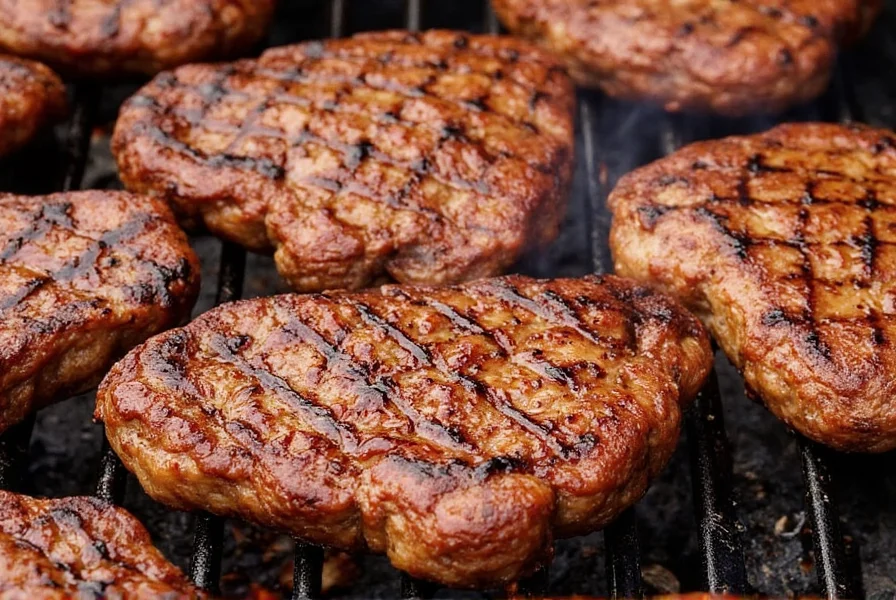
Step-by-Step Brazilian Steak Grilling Guide
Let’s break down how to execute a classic brazil steak recipe:
- Select Your Cut: Go for picanha if available. Otherwise, sirloin or ribeye works well.
- Trim Fat (But Leave Some): Keep a thin layer for flavor infusion during cooking.
- Season Generously: Use coarse salt and crushed garlic. Let rest at room temperature for 30–60 minutes.
- Preheat Your Grill: You want a medium-high heat zone for searing and a cooler zone for finishing.
- Grill to Perfection: Start fat-side down to render and crisp up. Flip often to avoid flare-ups. Aim for medium-rare unless specified otherwise.
- Rest and Slice: Rest meat for 10–15 minutes before slicing against the grain for tenderness.
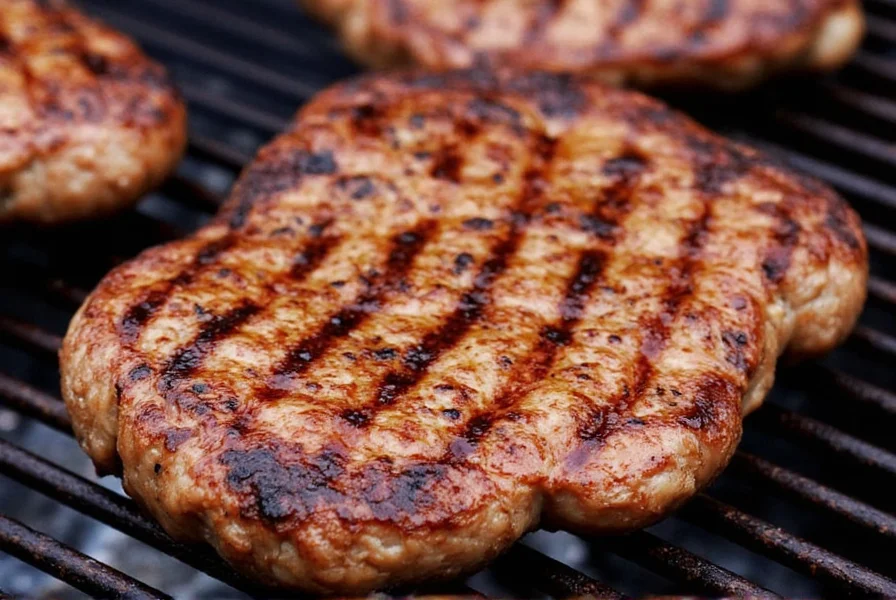
Secret Tips to Perfect Brazilian Churrasco
- Don’t Overdo It With the Seasoning: Trust the meat! A little salt and garlic go a long way.
- Slice at the Table: Traditional churrasco is carved fresh off the skewer right onto diners' plates.
- Use Skewers: Especially for serving style like espeto corrido (meat-on-a-stick).
- Control the Flames: Dripping fat can cause flare-ups. Have a spray bottle handy.
- Pair with Caipirinha: This cocktail made from cachaça, lime, and sugar complements the richness of the meat.
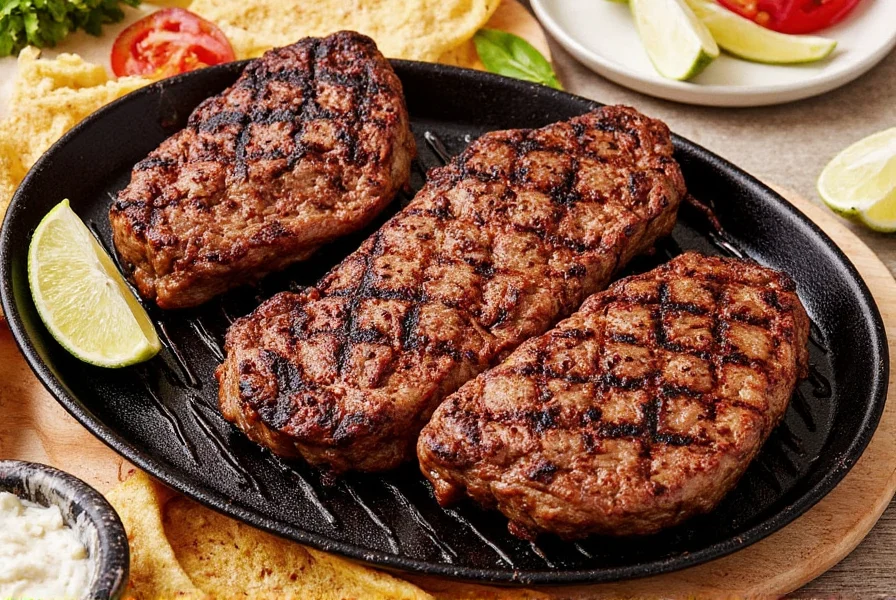
Sides and Accompaniments That Complete the Feast
No Brazil steak recipe is complete without traditional sides:
- Farofa: Toasted cassava flour with butter, onions, bacon, and spices.
- Vinaigrette: Tomato and onion salad with olive oil and vinegar.
- Feijão Tropeiro: A hearty bean dish with sausage, garlic, and collard greens.
- Orange Slices: To cut through the richness.
Buying Guide for Essential Churrasco Tools
If you're serious about mastering your Brazil steak recipe, investing in the right tools makes all the difference. Here’s a breakdown:
| Product | Features | Advantages | Use Case | Best For |
|---|---|---|---|---|
| Cast Iron Skillet | Even heat distribution, durable, retains heat well | Ideal for searing and indoor use | Cooking farofa or sautéing veggies | Home cooks who grill indoors |
| Heavy-Duty Meat Skewers | Stainless steel, long handles, rust-resistant | Makes carving easier, allows for even roasting | Espero corrido or whole-cut roasting | Outdoor grill masters |
| Charcoal Grill with Adjustable Vents | Heat control, natural wood smoke flavor | Authentic Brazilian churrasco experience | Slow roasting or searing | Enthusiasts and backyard chefs |
| Meat Thermometer | Digital probe, instant read | Ensures accurate doneness without guesswork | Checking internal temperatures | Both amateurs and pros |
| Churrasco Knife Set | Sharp, ergonomic, includes carving knife and fork | Precise slicing for table presentation | Serving meat directly from the skewer | Hosting Brazilian-style dinners |
Conclusion
Mastering the art of the Brazil steak recipe isn’t just about technique—it’s about embracing a culture of flavor, fire, and festivity. Whether you’re hosting a weekend cookout or simply craving a taste of South America, churrasco brings joy to the table in the most delicious way possible.
From selecting the right cut to seasoning with care and serving with flair, each step contributes to a truly unforgettable meal. So grab your tongs, light the fire, and get ready to grill like a true Brazilian gaucho!

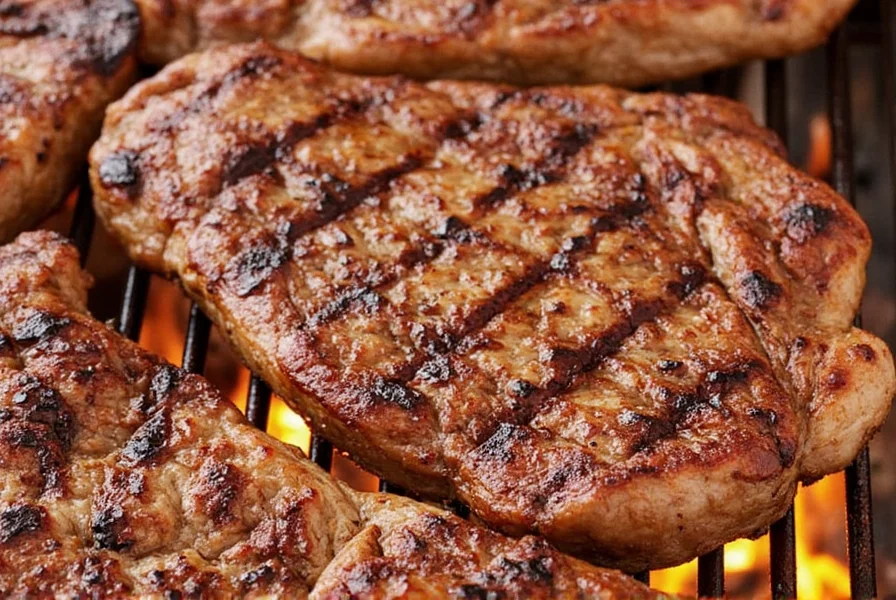









 浙公网安备
33010002000092号
浙公网安备
33010002000092号 浙B2-20120091-4
浙B2-20120091-4